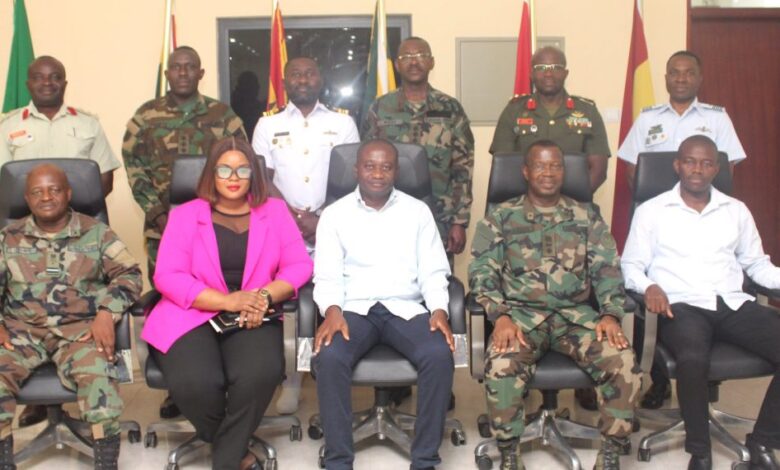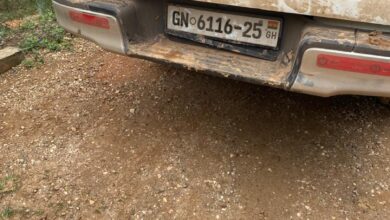
The National Service Authority (NSA) is collaborating with the Military High Command to implement a new National Service Emergency Response Readiness Programme (NSERRP), which will mandate basic military training for all National Service Personnel (NSPs) beginning in August 2025.
Discussions between the NSA and the Military High Command took place on Wednesday, April 23, 2025. This initiative aligns with President John Dramani Mahama’s pledge to cultivate discipline, nationalism, and physical fitness among Ghanaian graduates.
President Mahama initially announced the NSERRP during his first State of the Nation Address to Parliament on Thursday, February 27, 2025.
Speaking at the meeting, NSA Director-General Felix Gyamfi underscored the significance of the military training program in developing a more resilient and patriotic youth populace.
“The introduction of this military training is a step in the right direction and must be embraced by all and sundry as one of the indicators for resetting the country, particularly the youth,” Gyamfi stated.
He reiterated that all national service personnel will undergo fundamental military drills and orientation as an integral part of their service experience, with the objective of fostering a strong sense of national development.
Brigadier General Amoah-Boakye, representing the Military High Command, assured the NSA of the Ghana Armed Forces’ full support for the program. He affirmed their readiness to provide the necessary training when the NSERRP is officially launched.
Under the program, national service personnel will receive up to two months of comprehensive basic military training, with the implementation scheduled to commence on August 3, 2025. This new requirement marks a significant shift in the National Service Scheme, aiming to instill civic responsibility and preparedness among young graduates across Ghana, including those in Kumasi and the Ashanti Region.



